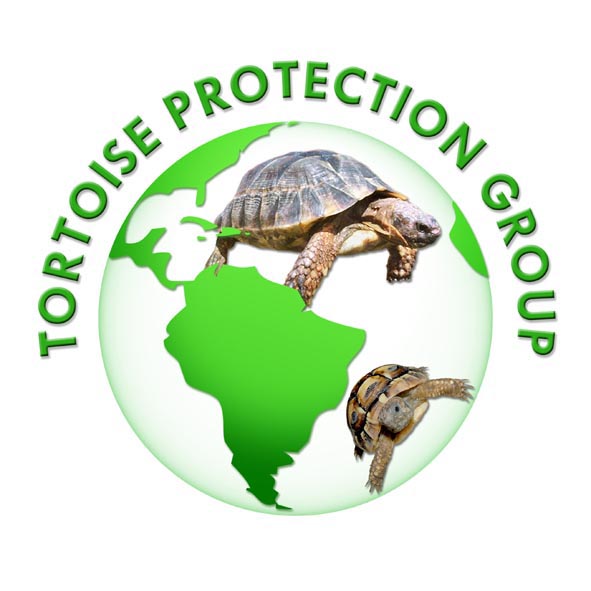Dangers in the Home and Garden
We all go to great lengths to ensure that our tortoises have a good diet, UVB light, and a good enclosure, but we also need to continually remind ourselves of potential risks in the home and in our gardens to the health and safety of our tortoises. A few of the most important are:
1. Tortoises and dogs do not mix.
It is always unwise to leave tortoises and our pet dogs unsupervised. We hear too many stories of family dogs that have co-existed with tortoises for years, and then one day decide that the tortoise is really a chew toy, with tragic results. Great care should therefore be taken in protecting tortoises both indoors and outdoors, by the use of high fencing around tortoise enclosures and even putting wire mesh or chain link fencing on top of enclosures to protect them.
2. Garden ponds.
Tortoises and garden ponds are a lethal combination. Although there are some stories that one species of tortoise is able to swim, most can't and it is never wise to give your tortoise any access at all to a pond. Ponds should therefore be fenced off to prevent tortoises falling in and drowning. Take care not to use fencing that a tortoise can climb easily.
3. Small tortoises and birds.
Birds have been known to take small tortoises. One person in recent years saw her small tortoise being taken by a magpie and had to watch the tort being killed by the bird on a neighbour's roof. It is always wise to have 'crop net', wire mesh, or other bird-proof covering for your enclosure.
4. Other predators.
In the UK, the two most common predators are rats and foxes. There are rats in most cities now, and urban foxes are on the increase, and they will certainly kill a tortoise, so this is another reason to have a secure outdoor enclosure, and if you can't ensure this, then take your tortoise in at night, or block up the entrance to his sleeping house and open it once daylight breaks <g>.
5. Chemicals in the garden.
Most people with tortoises do not use insecticides in their gardens, or certainly not anywhere near where their tortoise goes, but it is also important to be aware of insecticides that your neighbours might be using, or that the Council might be using on verges in front of your house, and that could be carried on the wind into your garden. Care should also be taken when weed collecting in public places, and checks should be made to ensure chemicals have not been used.
6. Toxic plants.
There are lots of plants that we know are not good for our tortoises (plants high in oxalic acid, plants that come from bulbs, etc.), but most plants that are bad for tortoises will probably not kill them if they take a small bite (tortoises have slow digestive systems and can handle plants that would be toxic to many mammals). But there are also quite a few plants that are lethal, and ragwort comes immediately to mind. Ragwort has spread rapidly to all areas of the UK, and it is really important that this plant is dug up completely, taking great care to remove the entire root, as it is lethal to tortoises, and mammals (including humans). Take some time to look at lists of plants that are toxic to tortoises and ensure that your tortoise cannot have access to them. Many people believe that tortoises will not eat a plant that is toxic, and this might be true in their native habitat, but we have many species of plants that are not known in the natural habitat of the tortoise, and it is never wise to assume that your tortoise is psychic.
7. Tables in the home.
Leaving tortoises on work surfaces or tables just for a minute whilst you pop off to get something e.g. to fill the bathing bowl with warm water, is not a good idea. There is the potential for an inquisitive tortoise to fall off the edge and injure itself; so never leave the tortoise on a table unsupervised, even for a moment.
8. Windows.
Do not place tortoise indoor enclosures next to windows in the hope that the sun will warm the tortoise area. Sun shining through glass directly onto the tortoise can overheat it with tragic consequences. Site the tortoise table in a light and airy room but away from direct sunlight.





